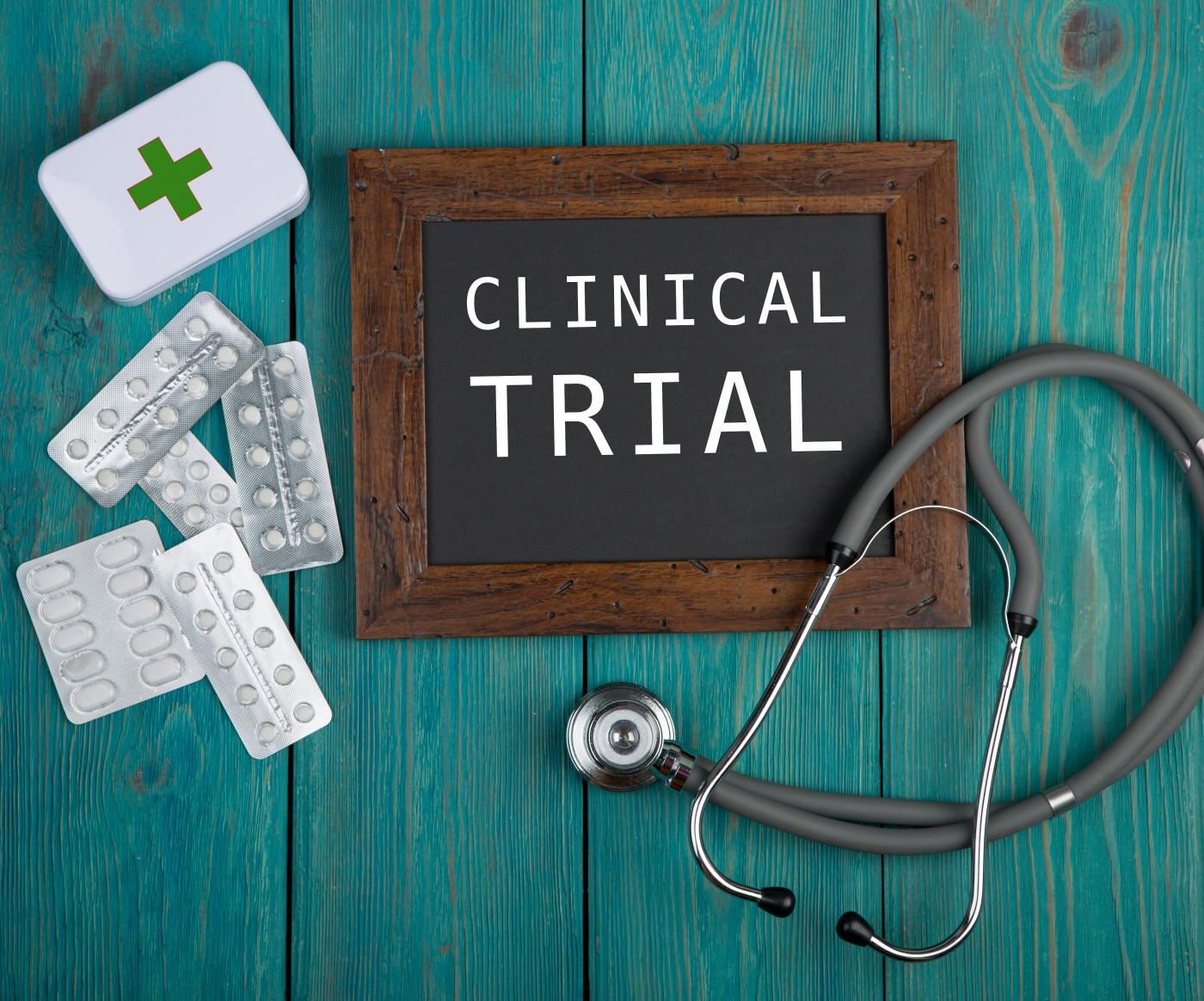Dutch Trial to Test NMD670 Oral Treatment Candidate
Written by |

NMD Pharma is launching a Phase 1/2a trial in the Netherlands to evaluate for the first time NMD670, an oral treatment candidate for people with myasthenia gravis (MG).
The study (CHDR1948), approved by the Dutch ethics committee and regulatory authorities, will take place at the Centre for Human Drug Research (CHDR) in Leiden. Participants are expected to begin dosing soon, the biotech company said.
“We are very pleased to receive this approval to start our first clinical trial in humans with NMD670,” Thomas Holm Pedersen, CEO of NMD Pharma, said in a press release.
“MG is a rare autoimmune disease and there is a need for new, differentiated, treatment options for patients who are not adequately managed by standard of care therapies,” he said.
In people with MG, the immune system mistakenly attacks key proteins that take part in the formation and maintenance of neuromuscular junctions — the sites where nerve cells and muscles communicate.
NMD670 is a small molecule designed to block the chloride channel ClC-1, located specifically in skeletal muscles, which allow movement. The potential therapy is intended to improve motor function and quality of life in people with MG and other diseases that affect neuromuscular transmission.
According to NMD Pharma, blocking ClC-1 can strengthen the communication between neurons and muscle fibers, and boost the function of skeletal muscles. The benefits of blocking ClC-1 as a treatment for neuromuscular diseases were supported by early research, as were the efficacy and safety of NMD670 in MG specifically, the company said.
“Our pre-clinical work has already shown the potential benefit that ClC-1 inhibition can have, and so we are excited to start this trial over the next couple of months,” Pedersen said.
The double-blind Phase 1/2a study aims to recruit healthy individuals and people with generalized MG, for a total of approximately 79 adult participants. Both men and women can take part, and will be randomly assigned to receive single or repeated (increasing) doses of NMD670, or a placebo.
Among other enrollment criteria, participants with MG must have muscle weakness in class II to IVa, according to the Myasthenia Gravis Foundation of America scale. They also must have anti-acetylcholine receptor autoantibodies — the most common in people with generalized MG. Those using steroids should be on a stable dose for at least one month before screening.
The trial is designed to assess the safety, tolerability, pharmacokinetics and pharmacodynamics of NMD670. While pharmacokinetics refers to the movement of a compound into, through and out of the body, pharmacodynamics refers to the effects of a compound on the body.
Detailed assessments include measuring adverse events, vital signs, blood pressure, respiratory function, urinary and blood analysis, and hand grip strength.
The study’s completion is expected in December 2021.



Leave a comment
Fill in the required fields to post. Your email address will not be published.